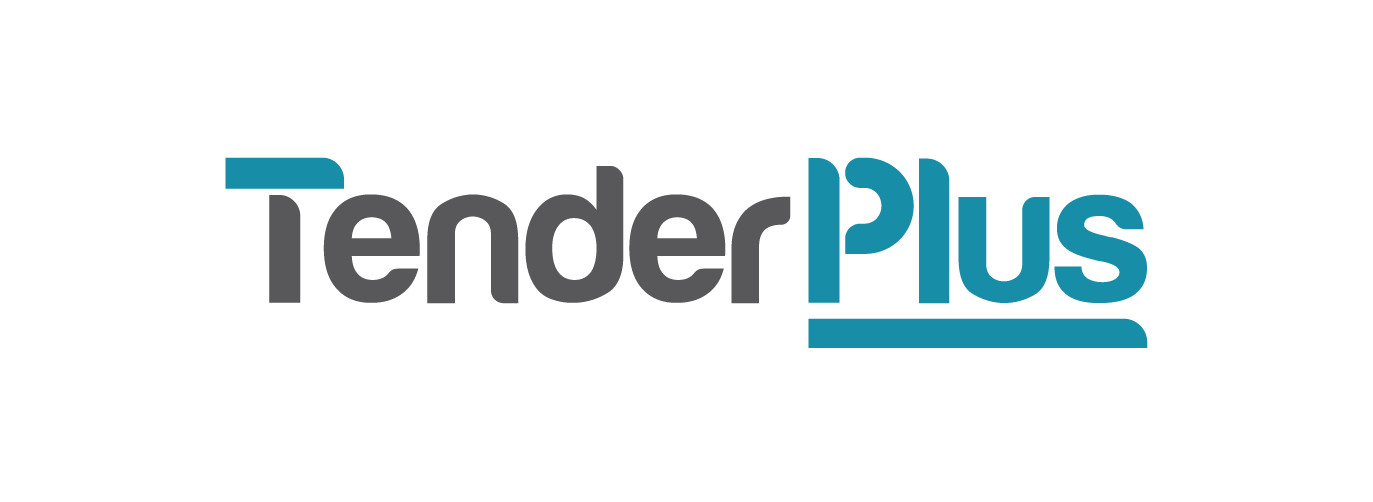When you can no longer drive your mouse
3 min read
I was recently brought into a bid to assist within a very short timeframe. This bid had a 2 week tender period, but I was there only three days before submission, and nothing had been started yet.
As I was sitting in the bid office at 11 pm on the last evening, I was absently moving my muesli bar across the desk and wondering why my mouse wasn’t working. I thought ‘this is not the TPC way’. We don’t want our team, or anyone, to work a 16 hour day. And no one should expect us to.
Fatigue is more than feeling tired and drowsy. It is mental or physical exhaustion that reduces your ability to perform your work productively, safely and effectively.
Industries such as construction, for example, place a great deal of emphasis on managing fatigue in their operations. Nobody wants to see a tired and drowsy person fumbling with a nail gun. But what about a keyboard and mouse?
In an office environment, in front of a computer, does your organisation place the same amount of emphasis on fatigue management and safety? I’ve seen bid teams start at 6 am and they are still working at 11 pm and later. I’ve been guilty of it myself. We have all heard the morning coffee chat of the Bid Team:
“What time did you finish up last night?”
“I didn’t get out of here until 2am”.
If this was bus driver, would you feel safe riding that bus?
Many companies have safety initiatives “safety first”; “home without harm”; “zero harm”; “everyone home safely everyday”. Can you stand by this if you have employees or consultants in your office working on a bid until midnight? Would you know if they made it home safe?
Some people may think working an all-nighter the night before bid submission or 16 hour days the two weeks prior to submission is a badge of honour. It’s not. It’s a lack of planning, resourcing, and management.
My tips from some of the best bids I have worked on would be to:
Don’t bid on something that you do not have the safe effective capacity to execute properly
Set realistic expectations of how many resources and hours are required
Encourage quality of work over quantity of time
Offer flexible work arrangements. Can your team work from home? Or closer to home?
Discourage an attitude of presenteeism
Keep commute times in mind. Does your team have a 40minute drive ahead?
Include a standard meeting agenda item to ask who has worked more than 50hours each week, and
Empower your team to speak up for themselves and for others if they feel fatigued.
Remember your bid team are hard workers but not miracle workers.
If you are fatigued enough to confuse a muesli bar with a computer mouse, imagine the quality of content that brain is producing. A muesli bar doesn’t work well as a mouse, and a mouse doesn’t taste as good as a muesli bar.
